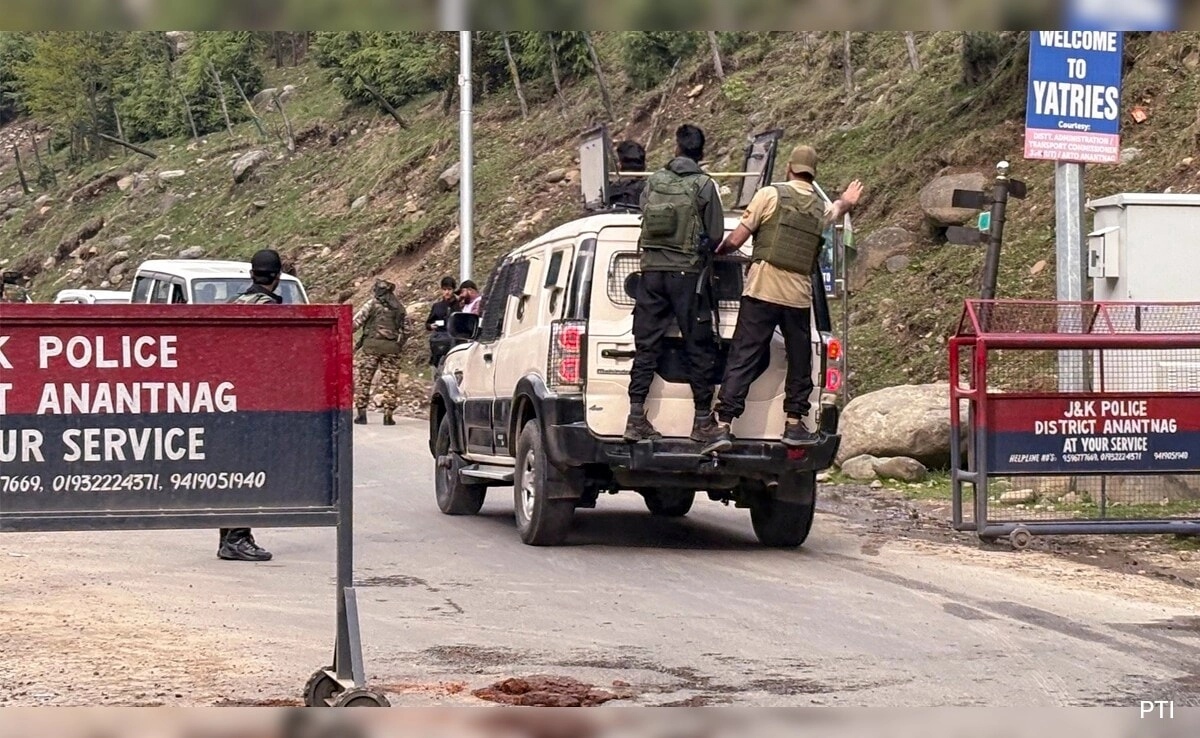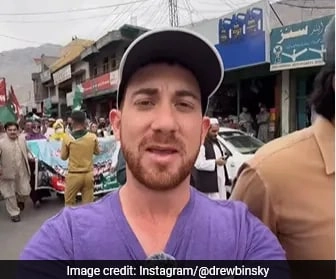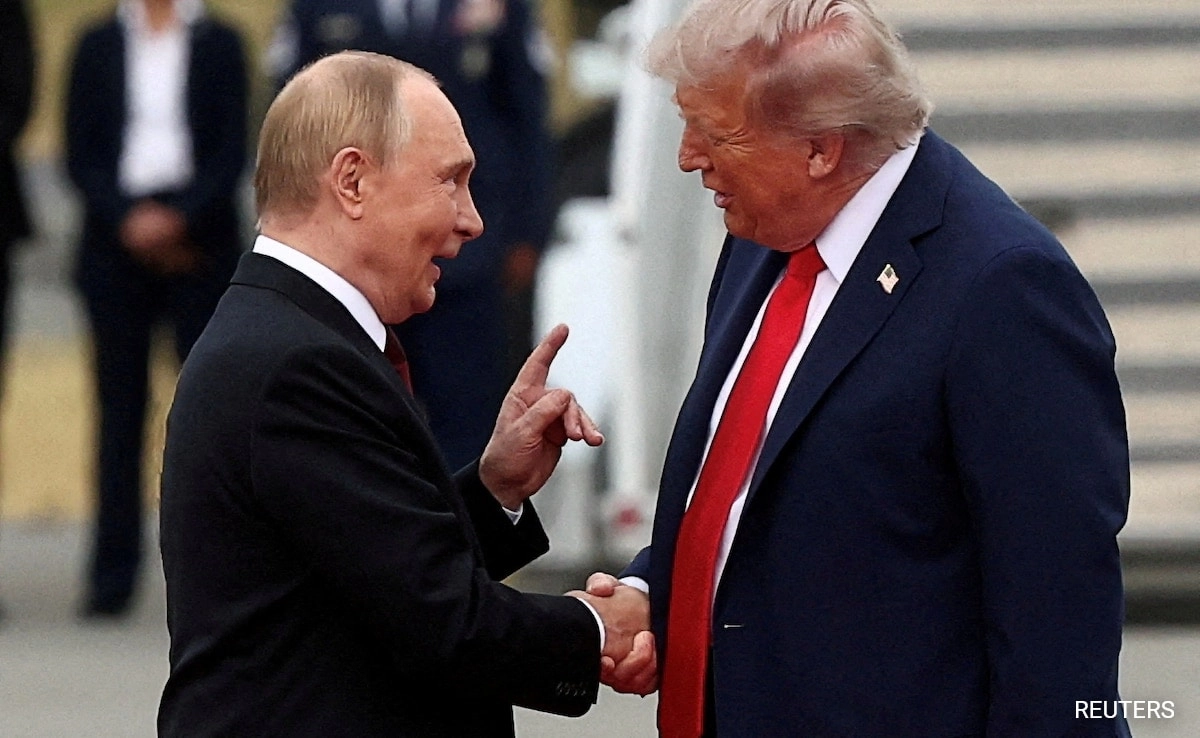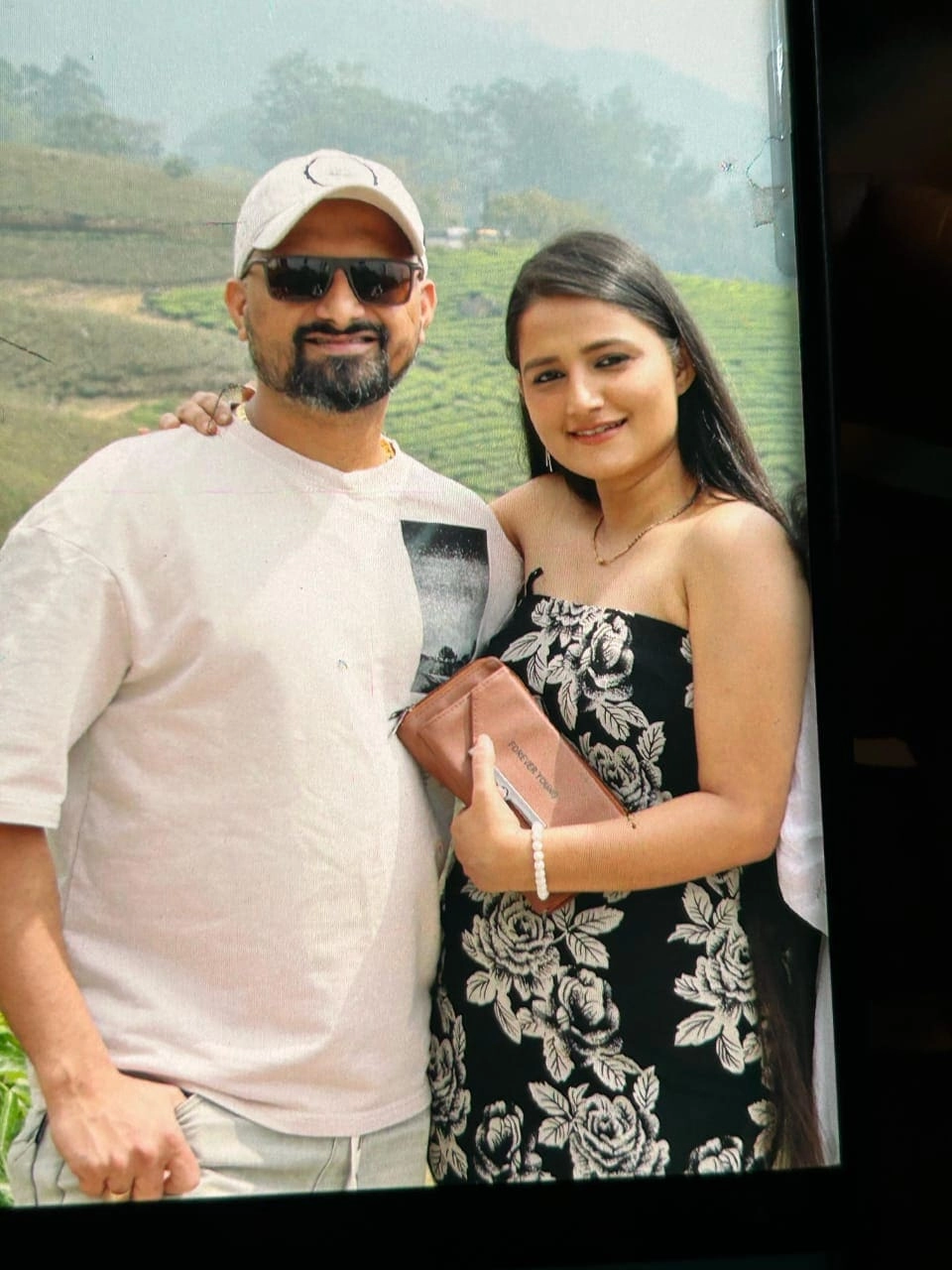In a harrowing incident that has left a community in shock, a man was reportedly forced to recite an Islamic verse before being shot in a tragic act of violence. The event unfolded recently, drawing attention to the severe consequences of radical ideologies that permeate certain factions within society. The victim’s daughter, who witnessed the ordeal, recounted the events with deep sorrow and anger. Her testimony not only highlights the brutality of the act but also reflects the psychological scars left on families affected by such violence.
The daughter described how her father was coerced into proclaiming a verse from the Quran, a moment that was supposed to hold spiritual significance but was twisted into a grim spectacle. This forced recitation, she explained, was a means to assert control and instill fear, reflecting a disturbing trend where religious sentiments are exploited for nefarious purposes. The juxtaposition of the sacred nature of the verses with the violence that followed underscores the tragic misuse of faith as a tool for oppression and intimidation.
As the community grapples with the aftermath of this tragedy, questions about safety and the rise of extremist ideologies have come to the forefront. The daughter’s account serves as a poignant reminder of the human cost of such ideologies, as families are torn apart and lives irrevocably altered. Her call for justice resonates not only within her community but also among those who advocate for peace and understanding. It emphasizes the urgent need for dialogue, education, and a collective effort to combat the forces that seek to distort faith and propagate violence.
This incident is not merely an isolated event but part of a larger narrative of conflict and division that affects countless lives. The daughter’s courage in recounting her father’s last moments shines a light on the importance of standing against such acts of violence and advocating for a society where faith is a source of strength rather than a weapon of fear. As the community mourns, it also seeks to honor the memory of the victim by fostering an environment that nurtures compassion, tolerance, and respect for all beliefs.




